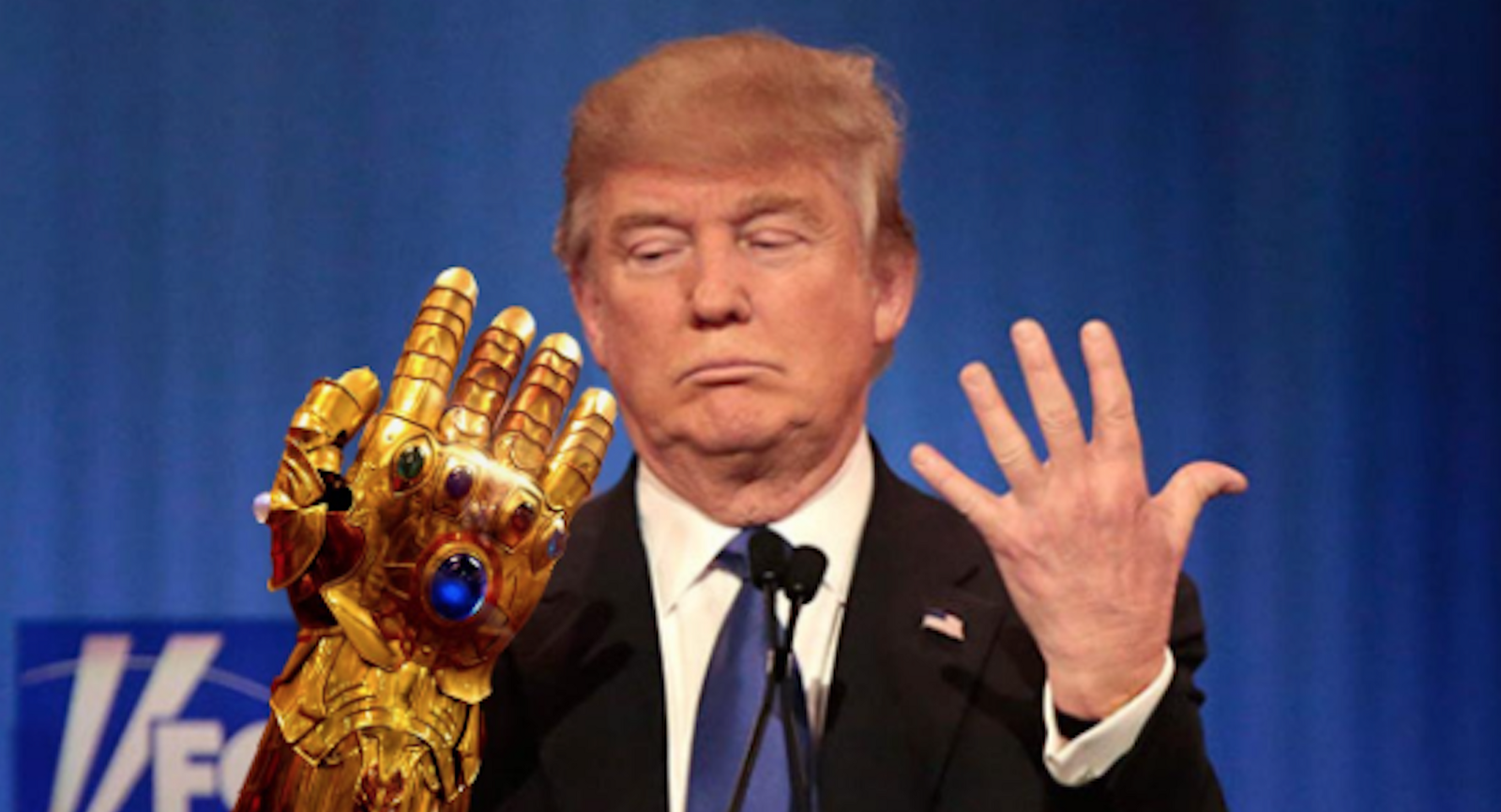I know it’s trite to offer electoral predictions, but here are mine.
I have no idea who will president at 12:00 PM on January 20, 2025.
As I have written before, just as Election Day has become “election season” with early and mail-in balloting, the election campaign will stretch out into the weeks and months ahead after Election Day. Not only does past experience suggest it, but as I wrote yesterday the Electoral Count Act practically guarantees litigation.
The dates of December 16, when electors meet in the various state capitals to cast their votes, and Jan. 6 will be the key checkpoints that offer the chance to channel what promises to be a chaotic aftermath into something approaching normality. Any successful attempt to upset the proceedings on those days means all bets are off.
After that I don’t know; the future is unknown.
In analytical work, you seek to unite the various data points into a coherent picture through the use of capability and theories of intent. Civilization in general works to keep intent below the horizon of capability. After all, there many things that you are capable of doing that would never occur to you given the way you have been socialized into various norms. By contrast the sociopath has no self-restraint and the equilibrium between their capability and intent is only governed by external force.
We as a society have spent the past eight years breaking norms. There have been cabals of government and media to censor information and spin narratives favorable to a given political party. There has been the weaponization of the security services to spy on political campaigns and entrap people for crimes, in order to derive political gain. The use of law enforcement to hunt down and punish political candidates and their supporters. The collusion of media and government in covering up the machinations and foibles of the current administration and orchestrating a coup to replace the incumbent candidate with another.
In all fairness, you also have norm-breaking on the other side. I don’t care much for mean tweets, but you take the bad with the good. Ronald Reagan left the building a long time ago. I compare Trump with his times, not with some halcyon past.
So the question is, what are the Democrats capable of doing? How close will their intent match their capability? There is no small amount of naivete, a normality bias, on the part of many so-called people of the Right, who seem to form a predictive baseline centered on hope rather than empirical evidence.
The past history above leads to the conclusion that the Democrats have not let critical norms limit their behavior in the past, and that they have raised their stakes to apocalyptic levels within the past year by stating that Trump’s return to the White House would mean an end to democracy. They have escalated to the point where they are trapped by their own past rhetoric and actions; the only paths forward are either to escalate further or to pull back from the brink and risk collapse.
The other, and perhaps more troubling, factor to consider is that the Democrats and the Left in general no longer feel much attachment to either our political system or the Constitution, seeing it all as illegitimate artifacts of an ancient and evil past.
In escalating, nobody picks collapse. It’s also true that nobody picks Armageddon. The way escalation works its evil magic is that the losing, desperate side convinces itself that with just one more shot of escalatory juice, victory will be theirs… and it never is. Desperate people do desperate things. Desperate people with power do catastrophic things.
Also remember Rahm Emmanuel’s famous quip about never letting a crisis going to waste. He was simply, in his own sweet Chicago way, regurgitating Lenin’s older dictum about crises offering revolutionary opportunities to those who possessed both the organization and the sense of historical daring to seize them.
Accordingly, I expect the Democrats to maximize every opportunity at their disposal to alter the vote count, litigate the results, and attack the process up to and including an American equivalent of a color revolution.
The path forward will be a little clearer later tonight, as results from a number of states roll in. The appearance of a decisive Trump and of the Republicans’ keeping the House and taking the Senate would go a long way toward keeping the post-election chaos to a manageable level. Anything short of that and the road to Hell is open.
My prediction? Normally I run probabilities and prepare for the top two or three, but that would be weaselly. So my leading theory, my prediction: Trump wins beyond the margin of steal and the Democrats are forced to largely fold tents to figure out how to fight another day, their Progressive wave having crested for now.
However that’s not the way I’m preparing. You always prepare for the worst…
